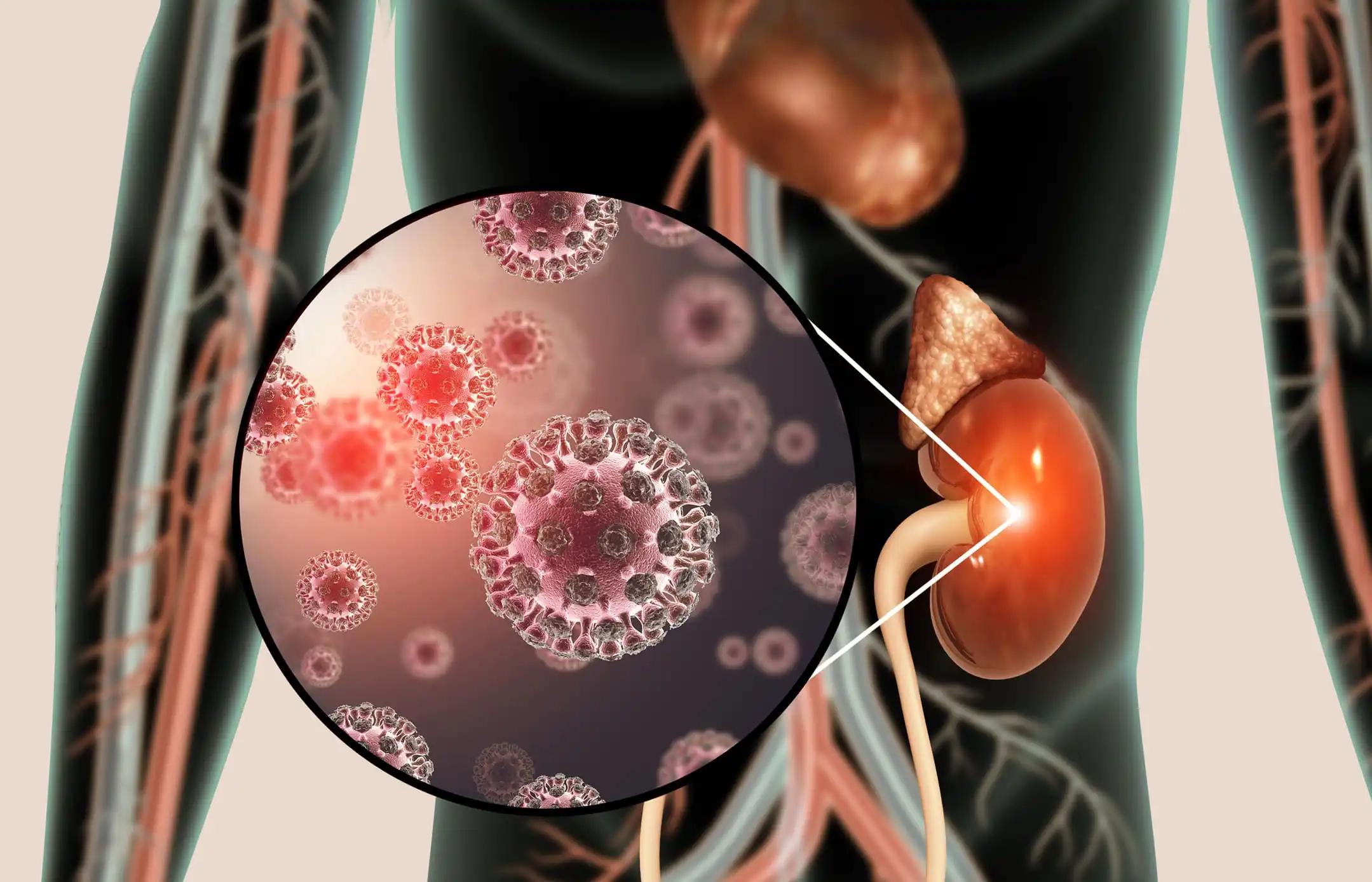KEY TAKEAWAYS
- The global phase 3 RATIONALE-302 trial aimed to evaluate the HRQoL of patients with advanced or metastatic ESCC who were administered TIS versus ICC.
- Patients were randomly assigned to receive either TIS or ICC, and their HRQoL was assessed utilizing the EORTC QLQ-C30 and QLQ-OES18.
- The results showed that TIS demonstrated a significant and clinically meaningful improvement in the overall survival hazard ratio (HR = 0.70 [95% CI 0.57–0.85].
- The TTD analysis revealed that patients in the TIS arm exhibited a reduced likelihood of experiencing aggravated dysphagia compared to ICC.
- TIS may serve as a promising alternative for patients diagnosed with advanced or metastatic esophageal squamous cell carcinoma.
The study RATIONALE 302, which was a global phase 3 trial (NCT03430843), aimed to evaluate the efficacy of tislelizumab (TIS) versus investigator-chosen chemotherapy (ICC) as a second-line treatment for patients with advanced or metastatic esophageal squamous cell carcinoma (ESCC). The study results showed that TIS exhibited a significant and clinically meaningful improvement in the overall survival hazard ratio (HR = 0.70 [95% CI 0.57–0.85], P=0.0001) compared to ICC. Additionally, TIS demonstrated a favorable safety profile compared to ICC. This study evaluated patients’ health-related quality of life (HRQoL) administered TIS versus ICC. The patient population under consideration typically exhibits a decline in HRQoL. Patients diagnosed with advanced or metastatic esophageal squamous cell carcinoma (ESCC) who experienced disease progression after receiving prior systemic therapy were subjected to a randomization process with a 1:1 ratio.
The patients were assigned to either receive TIS 200 mg intravenously every three weeks or ICC (paclitaxel, docetaxel, or irinotecan). The patient’s Health-Related Quality of Life (HRQoL) was assessed by utilizing the Global Health Status/Quality of Life (GHS/QoL), Physical Functioning, and Fatigue scores from the European Organization for Research and Treatment of Cancer Quality of Life Questionnaire-Core 30 (EORTC QLQ-C30). Additionally, the Dysphagia, Reflux, Eating, and Pain scores from the European Organization for Research and Treatment of Cancer Quality of Life Questionnaire-Oesophageal Module 18 (EORTC QLQ-OES18) were evaluated from the initial screening until Cycle 6 or until treatment discontinuation, whichever occurred first. The change in mean score from baseline to Cycles 4 and 6 in HRQoL scores was assessed through a mixed model for repeated measurements, specifically utilizing the least-squares method. The Kaplan-Meier method was utilized to examine the Time to Deterioration (TTD) for the Gastroesophageal Reflux Disease Health-Related Quality of Life (GHS/QoL) score and the symptom scales of the Quality of Life Questionnaire for patients with Oesophageal Cancer Module 18 (QLQ-OES18).
In total, 512 patients with a median age of 62 were subjected to randomization, with 256 patients receiving TIS and the other 256 patients receiving ICC. Compared to ICC, patients who underwent TIS treatment exhibited consistent scores in GHS/QoL and fatigue and demonstrated a lesser deterioration in physical functioning during Cycles 4 and 6. Except for pain, the TIS arm exhibited a lower incidence of OES18 symptoms than the ICC arm relative to the baseline. The TTD analysis revealed that patients in the TIS arm exhibited a reduced likelihood of experiencing aggravated dysphagia (HR = 0.76 [95% CI 0.53, 1.07], P=0.0562) compared to ICC. The analysis indicated that patients with esophageal squamous cell carcinoma who received treatment with taxane-based chemotherapy in the second line exhibited prolonged maintenance of the health-related quality of life compared to patients treated with irinotecan-based chemotherapy. In conjunction with enhanced longevity and a positive safety record, the findings above indicate that TIS may serve as a promising alternative for patients diagnosed with advanced or metastatic esophageal squamous cell carcinoma who have already undergone initial treatment.
Source: https://meetings.asco.org/abstracts-presentations/211903
Clinical Trial: https://clinicaltrials.gov/ct2/show/NCT03430843
Eric Van Cutsem, Ken Kato, Jaffer A. Ajani, Lin Shen, Tianyu Xia, Ningning Ding, Lin Zhan, Gisoo Barnes, Sung-Bae Kim/Tislelizumab versus chemotherapy as second-line treatment for advanced or metastatic esophageal squamous cell carcinoma (ESCC, RATIONALE 302): Impact on health-related quality of life (HRQoL)/J Clin Oncol 40, 2022 (suppl 16; abstr e16095) DOI10.1200/JCO.2022.40.16_suppl.e16095



